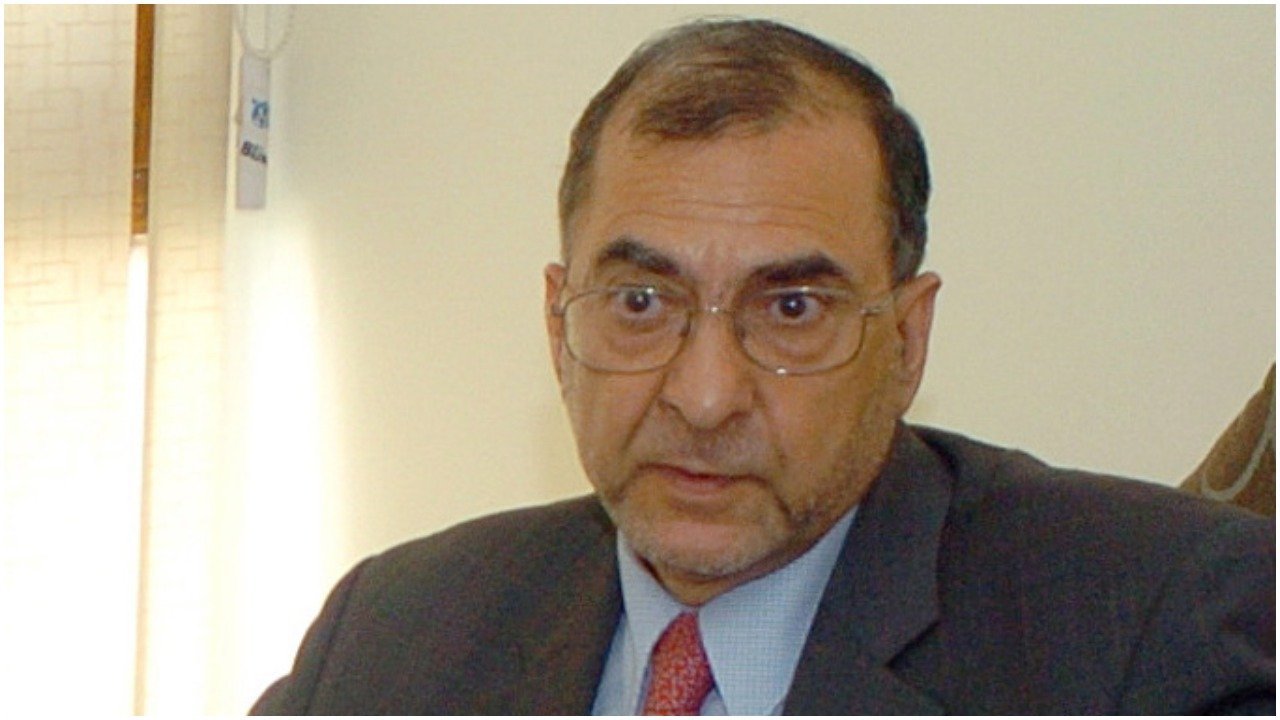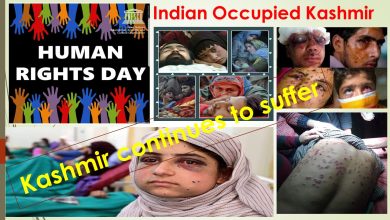
The United Nations Security Council in its 9669th meeting held on June 26, 2024, explored ways and means to reinforce principles to protect children in armed conflict. Ban-Ki-Moon, former Secretary General of the UN and currently the Chairman of the Elders said, “It should be a matter of shame to every State represented here today that innocent children continue to pay such a terrible price in the multiple conflicts being waged across our world,” He added that the trauma of the children in armed conflict “cannot be captured in figures alone”,
Dozens of ambassadors of various counters made the intervention during the debate.
Ambassador R. Ravindra of India said, “This year marks 25 years since the adoption of Security Council Resolution 1261 on children and armed conflict. Over the years, the annual debate has brought to fore the challenges faced by children in situations of armed conflict and helped the international community to recognize the importance of preventing and ending violations against children.”
As we know that lifelong habits cannot be changed. Ambassador Ravindra added, “As far as the Union Territories of Jammu and Kashmir and Ladakh are concerned they were, are and always will be an integral and inalienable part of India.”
Ambassador Ravindra knows that such a statement is nothing but claptrap. These Indian distinguished diplomats and politicians have mastered the art of deception by creating the illusion of truth. They have well understood what Joseph Goebbels meant when he said, “Repeat a lie often enough and people will believe it.”
It is fair to say that Ambassador Ravindra will get nowhere by explaining away Kashmir as an integral part of India. India is promoting this narrative because she trembles at any attempt to resolve the Kashmir crisis because she is frightened by its outcome.
The question needs to be faced: at what point of time and by what justifiable means did Kashmir become a part of India? (1). By the Maharaja’s accession? But India itself acknowledges that the accession was subject to plebiscite under international auspices. (2). By the decision of the Jammu & Kashmir Constituent Assembly? But India assured the United Nations Security Council that the decision of the Assembly would not prejudice the plebiscite and come in its way. (3). By the sheer passage of time? But, despite the lapse of decades, Kashmiris have shown themselves as unreconciled to Indian occupation and rule. (4). By the elections held periodically in the Indian-occupied area? But these elections are known to have nothing to do with referendums. Any referendum has to be held under the conditions free from coercion, intimidation and under the supervision of the UN.
Perhaps, it is time that Ambassador Ravindra needs to read a write-up by another distinguished diplomat of India, Barrister Minoo Masani, former Indian Ambassador to Brazil. His account was published in Dalit Voice, Bangalore, India on August 1, 1990. “A lady asked me the other day, ‘Why would Gorbachov not agree to the Lithuanian demand for independence from the Soviet Union?’ I countered with the question: ‘Do you believe that Kashmir belongs to India?’ ‘Yes, of course’ she said. ‘That is why?’ I said, ‘There are too many Russians who wrongly believe that Lithuania belongs to the Soviet Union, just as you believe that Kashmir belongs to India,’”
Second, Kashmir is not and cannot be regarded as an integral part of India because under all international agreements, which were agreed by both India and Pakistan, negotiated by the United Nations, and endorsed by the Security Council, Kashmir does not belong to any member state of the United Nations. If that is true, then the claim that Kashmir is an integral part of India does not stand.
Third, Ms. Michelle Bachelet, the UN High Commissioner on Human Rights said on July 8, 2019, that both India and Pakistan should give the people of Kashmir the right to self-determination. She added that the people of Kashmir should be included in all talks between India and Pakistan. Why give Kashmiris the right to self-determination, if it is an internal matter of India?
Fourth, Mr. Antonio Guterres, the UN Secretary General said on August 10, 2019, that the Kashmir issue has to be resolved under UN Charter and under applicable UN Security Council resolutions. Perhaps Ambassador Ravindra should have a chat with the SG of the UN.
Fifth, Ms. Helen Clark, the Prime Minister of New Zealand told the Parliament on October 15, 2004, that, “It is perfectly obvious to the whole world that Kashmir is a flashpoint for tensions between the two countries. Most countries do not regard it as simply an internal affair.”
Seventh, Arundhati Roy, an prominent Indian intellectual confirmed it by saying ‘It’s (Kashmir) not ever been really a part of India, which is why it’s ridiculous for the Indian government to keep saying it’s an integral part of India.’
Eighth, Robert Bradnock of Chatham House (British Think-tank) released a survey on May 26, 2010, that 74 % to 95 % of the people of the ‘Valley of Kashmir’ want Azadi (Independence).
Ninth, as Mahatma Gandhi, the father of the nation of India is known for his statement that “The will of Kashmiris is the supreme law in Kashmir.” That will and aspirations of the people of Kashmir have yet to be ascertained.
India cannot sweep all this under the galicha. The truth is too painfully obvious. Isn’t it time that world powers, including the United States, ask the people what they really want? Perhaps that would force the parties to actually deal with what is at the heart of their differences, the aspirations of the people of the State of Jammu & Kashmir.
(Dr Ghulam Nabi Fai is Chairman of World Forum for Peace & justice He is also the Secretary General, World Kashmir Awareness Forum and can be reached at:
WhatsApp: 1-202-607-6435 or. gnfai2003@yahoo.com
www.kashmirawareness.org)








